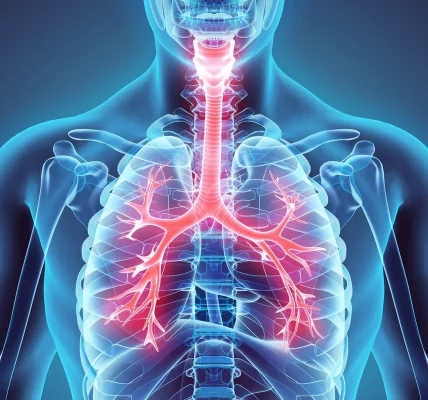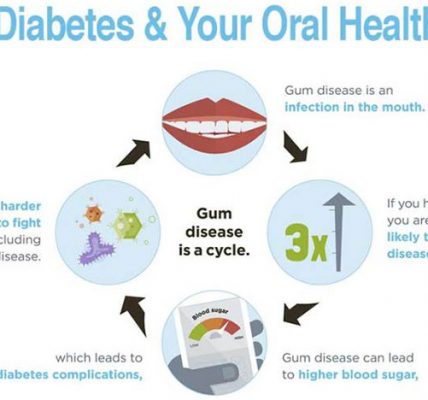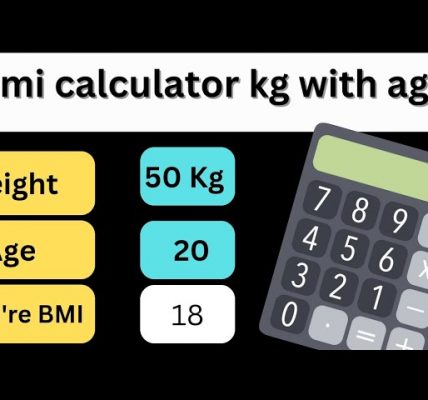Vitamins and Minerals Essential Nutrients for Optimal Health
Vitamins and minerals are essential micronutrients that play vital roles in various bodily functions. They help regulate metabolism, support immune function, and maintain overall health.
Vitamins
Vitamins are organic compounds that the body needs in small amounts to function properly. They are classified into two categories:
- Fat-soluble vitamins: Vitamins A, D, E, and K are absorbed with fats and stored in the body.
- Water-soluble vitamins: Vitamins B and C dissolve in water and are not stored in the body.
Minerals
Minerals are inorganic substances that the body needs for various functions, such as building bones, transmitting nerve impulses, and regulating fluid balance.
Importance of Vitamins and Minerals
- Energy Production: Vitamins B complex, especially B12 and niacin, are crucial for energy production.
- Bone Health: Vitamin D and calcium are essential for strong bones and teeth.
- Immune Function: Vitamins A, C, and E, as well as zinc, support the immune system.
- Blood Health: Iron and vitamin B12 are necessary for red blood cell production.
- Antioxidant Protection: Vitamins C and E, along with minerals like selenium, act as antioxidants to protect cells from damage.
Sources of Vitamins and Minerals
- Foods: A balanced diet that includes a variety of fruits, vegetables, whole grains, lean proteins, and dairy products can provide most of the essential1 vitamins and minerals.
- Fortified Foods: Many foods are fortified with vitamins and minerals, such as milk fortified with vitamin D and breakfast cereals fortified with iron.
- Dietary Supplements: In some cases, supplements may be necessary to meet specific nutrient needs, but it’s important to consult with a healthcare provider before taking any supplements.
Tips for Optimal Nutrient Intake
- Eat a Balanced Diet: Prioritize whole, unprocessed foods.
- Limit Processed Foods: These foods are often high in unhealthy fats, sodium, and added sugars.
- Cook at Home: Preparing meals at home allows you to control the ingredients and portion sizes.
- Stay Hydrated: Water helps transport nutrients throughout the body.
- Consult a Healthcare Professional: If you have concerns about your nutrient intake, consult with a registered dietitian or healthcare provider.
By understanding the importance of vitamins and minerals and making informed dietary choices, you can optimize your health and well-being.
Would you like to know more about specific vitamins or minerals, or perhaps discuss dietary strategies to improve nutrient intake?




